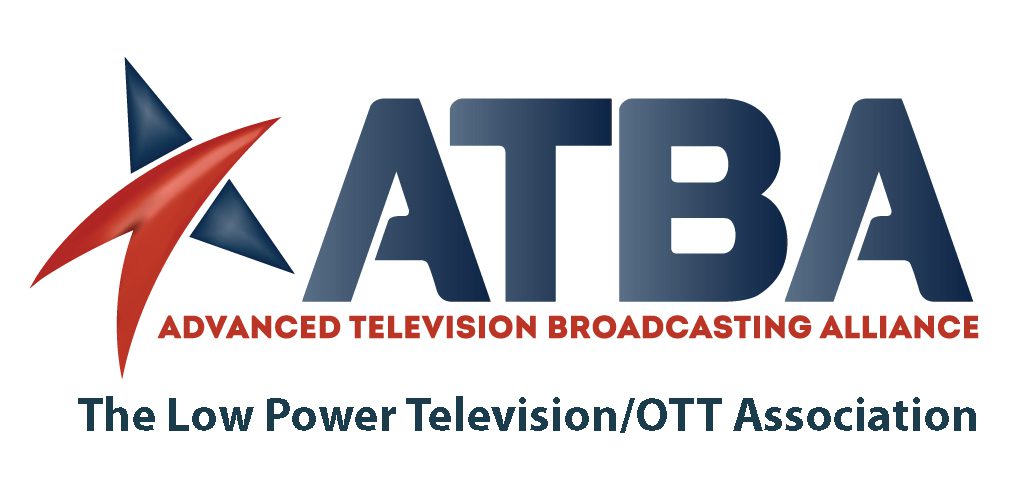By
The concept that “The Customer is Always Right” has such resonance that it has been popular around the globe for more than 100 years, from Marshall Field’s department store in Chicago to Selfridge’s in London, and from the Ritz in Paris, whose motto was “le client n’a jamais tort” (the customer is never wrong) to the German “der Kunde ist König” (the customer is king) and the Japanese “Okyakusama wa Kamisama desu” (the customer is like a god).
Unfortunately, America’s large cable broadband providers seem to have forgotten this maxim. Worse yet — from bloated programming bundles to antiquated set top boxes to misleading bills, the motto appears to be caveat emptor — let the buyer beware.
Consider just a few aspects of the cable broadband experience, some of which are detailed in a recent Senate Report. Perhaps, for example, you are enticed by this pricing offer — Charter’s bundled cable TV, internet, and phone, for $89 per month. But then, the next year your rates suddenly rise to $109 per month, and the following year, to $129 per month. These increases are buried in fine print and the price jumps come as a surprise.
You call to complain, but the customer service agent pushes back, and when you decide you are better off cutting off the service, he refuses — and tries to sell you again. A Time Warner Cable training document literally instructs customer service representatives to “do the opposite of what the customer is calling for. If the customer is calling into cancel, your goal is not to cancel the services! And if the customer wants to lower the bill, you’re going to try to avoid that, and perhaps even raise the bill!”
Finally, consider the truly absurd “Protection Plans.” Most cable providers have some sort of optional insurance-type service that consumers can purchase to cover repair charges or failures, should they occur. For Comcast customers, this could be $5.95 per month, so $71.40 a year, to avoid the cost of the service call, which would be $37.15. Most customers who pay for it never use it, and if you assume there could be multiple service problems, this calls into question the quality of the provider and whether the customer should be bearing the burden of faulty service or installation at all. (These examples are just some of the consumer abuses, see more topics here.)
The “Customer is Always Right” maxim was perpetuated because it reflected a truth: in a competitive market, the seller that gives the customer what the customer wants will succeed and others will fail. But there is not enough competition in cable broadband markets to force cable companies to focus on satisfying customer needs as…
